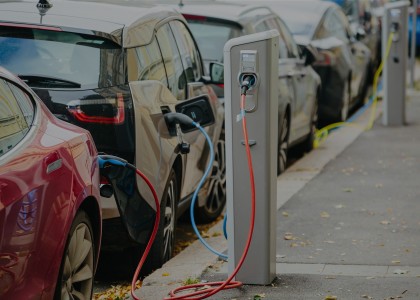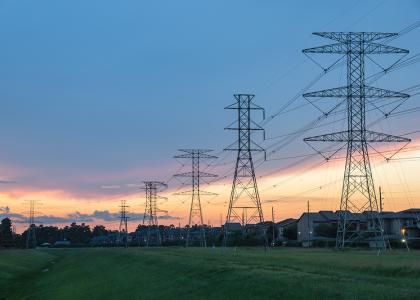Florida’s utility energy-efficiency performance lags that of other states in the southeast and nationwide, largely because Florida’s utility energy-efficiency policies and practices do not follow those that are widely accepted and established in other states. Key practices that prevent Florida’s investor-owned electric utilities from investing in energy efficiency include the use of overly restrictive cost-effectiveness testing, the exclusion of energy efficiency measures with short payback periods, and ineffective program goal-setting. As a result, Florida’s utility customers, particularly those with high energy burdens, do not reap the benefits that would flow from an expanded, more robust set of energy efficiency programs. We identify key regulatory barriers to more expansive energy efficiency programs and recommend reforms to overcome them. By enacting these recommended changes, Florida could achieve a much larger share of the state’s energy efficiency potential.




